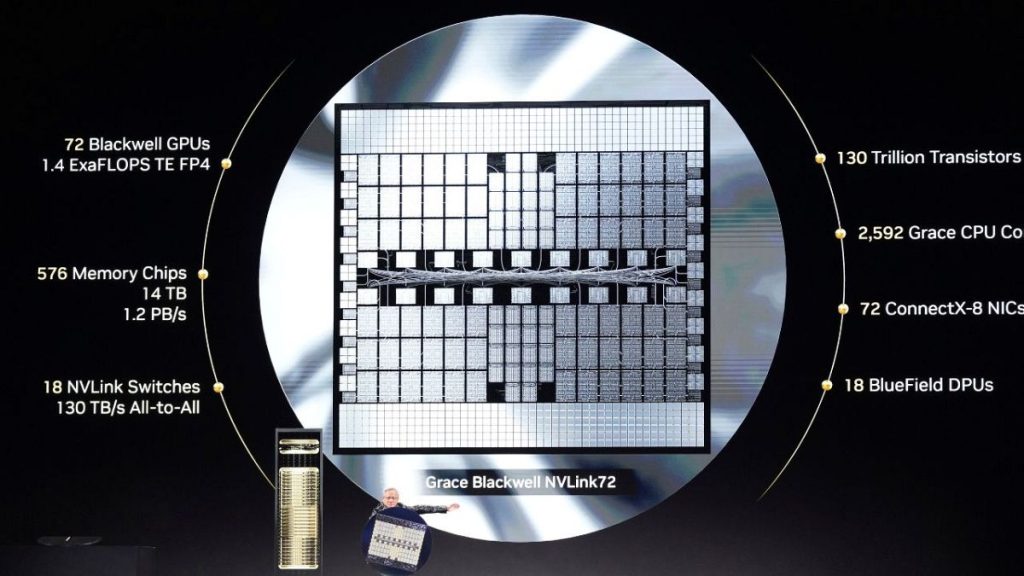The outgoing Biden administration has unveiled a new framework for exporting advanced computer chips crucial for artificial intelligence (AI) development. This framework seeks to strike a balance between safeguarding national security concerns regarding AI technology and promoting the economic interests of US chip producers and international partners. The core objective is to prevent adversaries, primarily China, from acquiring cutting-edge AI capabilities that could challenge US technological leadership and potentially reshape global power dynamics. The framework, however, has sparked concerns within the chip industry and among European Union officials due to its potential impact on export restrictions affecting a broad range of countries, including some US allies.
While the framework targets China’s access to advanced AI chips, its scope extends to over 120 countries, raising questions about its impact on nations like Mexico, Portugal, Israel, and Switzerland. These countries could face limitations in accessing the chips required for AI data centers and related products. The Biden administration justifies the broad approach by highlighting the potential for Chinese companies to leverage data centers in third countries to develop AI models using technology they couldn’t directly import into China. The White House emphasizes the strategic importance of maintaining US dominance in AI, arguing that allowing China to dictate the future of AI would have profound global consequences.
The framework introduces a tiered system for accessing advanced AI chips. Approximately 20 key allies and partners, including major European nations, Japan, South Korea, Australia, Canada, and Taiwan, will face no restrictions. However, other countries will encounter limitations on the number of chips they can import. This tiered approach has drawn criticism from EU officials who argue that selling advanced AI chips to EU members presents an economic opportunity for the US and does not pose a security risk. They see these restrictions as potentially hindering collaboration and innovation within the EU.
The framework establishes a baseline cap of 50,000 graphics processing units (GPUs) per country for those outside the unrestricted group. This cap can be increased to 100,000 through government-to-government agreements if the recipient country’s renewable energy and technological security goals align with the United States. Further exceptions exist for institutions in certain countries, allowing them to apply for legal status to purchase up to 320,000 advanced GPUs over two years. Additionally, smaller orders equivalent to 1,700 advanced GPUs will not require a license or count against the national cap, primarily benefiting universities and medical institutions.
Despite its broad scope, the framework includes exemptions for trusted companies, such as major cloud computing providers like Amazon, Google, and Microsoft, seeking large clusters of advanced AI chips. These exemptions acknowledge the critical role these companies play in AI development and aim to avoid disrupting their operations. The framework’s 120-day comment period effectively leaves the final decision on its implementation to the incoming Trump administration. This timing creates uncertainty about the future of the policy and raises concerns about potential disruptions to global supply chains and US competitiveness.
The Biden administration’s move has been characterized as a “hot potato” passed to the Trump administration. While some Trump allies have criticized the approach as excessive, others argue it aligns with the broader US-China trade policy initiated by Trump himself. This dynamic creates a complex situation for the incoming administration, which will need to weigh national security concerns, economic interests, and potential geopolitical ramifications when making a final decision on the framework’s implementation. The tech industry, meanwhile, has voiced concerns that the new rules, despite being framed as an anti-China measure, will stifle innovation and disadvantage US companies without significantly enhancing national security. They argue that the controls target technology already widely available, potentially hindering research and development while having a limited impact on China’s access to similar capabilities.














